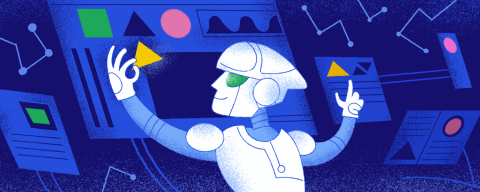Moving from Omnichannel to Channel-less Support
Customers shouldn’t need to know how your customer support channels work to get help. They don’t need to know that Twitter feeds into your help desk and that your chat channel offers self-service solutions using a friendly chatbot. Customers, in other words, aren’t interested in your omnichannel solutions. What customers need is to be able to get help easily, when they want it.











